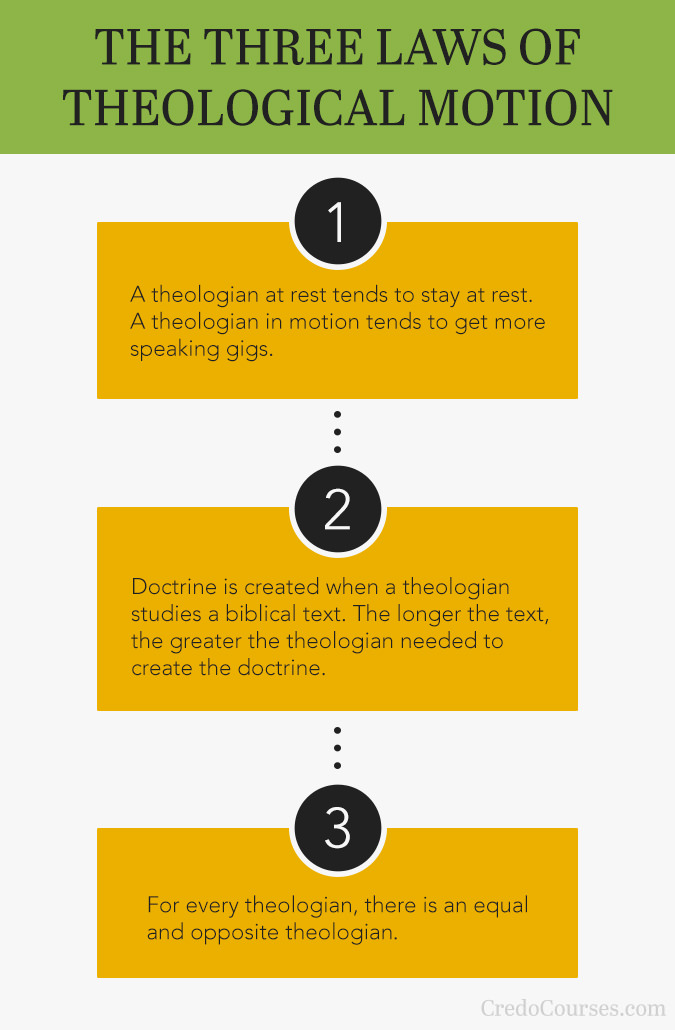
Let me know if you want me to keep doing this.
Interesting theological news from around the web:
1. Grant for Women’s Preaching Program:
A new initiative aimed at preparing women to preach within the Catholic Church has been backed by a substantial grant of $1.25 million from Lilly Endowment Inc. This is notable as current church practice doesn’t permit women to deliver the homily during Mass. However, the Synod of Bishops at the Vatican is presently discussing the potential for increased participation of women in the church, including the prospect of women preaching in parish settings with adequate training. The grant will support a continuing education program where participants can earn a certificate in Catholic preaching and ministry of the Word. This initiative represents a significant investment in Catholic women’s vocations and a step towards addressing the desire within the Catholic community to hear women preach (National Catholic Reporter).
2. Seminary Journal Goes Online:
The Christian Theological Seminary in Indianapolis has taken its journal, Encounter: A Journal of Theological Scholarship, online. This journal has been continuously published since 1941 and is among the longest continuously published journals by a freestanding seminary in the US. The move to an online platform may indicate a shift towards modernizing theological scholarship and making it more accessible to a broader audience (Christian Theological Seminary).
3. Comments on Theological Education:
In a submission to a Senate Committee, Pastor Odero emphasized the importance of theological education for church leaders, despite not having attended a theological class himself. This news highlights ongoing discussions around the relevance and necessity of formal theological education for religious leaders (The Star)
4. Reliance on God in Ministry:
Tony Mathews, a senior strategist of missional ministries, encouraged relying solely on God for encouragement during challenging times in ministry. This message was conveyed in a recent blog post by the Southwestern Baptist Theological Seminary, reflecting on the theological perspective of seeking divine guidance and support in ministerial roles.(Southwestern Baptist Theological Seminary)
5. Christology Discussions:
Recent articles published in The Journal of Theological Studies explore topics like “The Devil’s Ransom and Christology in Origen and the Cappadocians” showcasing ongoing scholarly engagement with historical theological figures and doctrines (Oxford Academic)
6. Civil Rights and Theology:
A publication in Theological Studies has drawn parallels between Martin Luther King Jr.’s dream for civil, economic, and racial equality in the USA and Julius K. Nyerere’s struggle for the emancipation of Southern Africa from colonial shackles, reflecting on how theological perspectives can inform and intersect with socio-political movements (SAGE Journals).
7. Mysticism and Psychological Perspectives:
Theological discussions are engaging with psychological perspectives to offer fresh lenses for interpreting theological notions. A piece titled “The Return to the Mystical: Jacques Lacan, John of the Cross, and the …” explores how spiritual guidance can be tailored more closely to an individual’s unique needs by incorporating psychological insights (Church Life Journal).
8. Theological Arguments on Revolutionary Theories:
There’s an analysis of theological arguments concerning the fifth generation of revolutionary theories, especially in the context of the Arab Spring. This reflects an intersection of theology with contemporary socio-political events and theories (ResearchGate)




